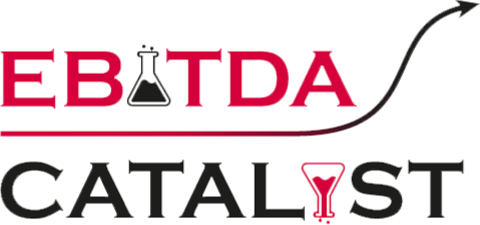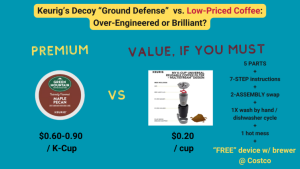Illustrating the point
Consider the following title and the story in the MIT Technology Review article: Meta is desperately trying to make the metaverse happen
Meta’s pricey Meta Quest Pro VR goggles leave us with a clear price tag that seeks to confidently push aside many questions about value. Just as Oscar Wilde’s skepticism was ultimately about the “values” of people seemingly lost in a materialistic society, the current marketplace of virtual, meta, non-fungible, crypto and other novelties begs many questions for those of us old-fashioned “people” who seek to connect price tags to value claims:
- Is the main value claim of many virtual-related goods and assets escaping or distancing from or “sticking it to” a real world that many consumers feel is failing them?
- How does one “price” such a “benefit”? How do we quantify the “value” of tuning out nature and real human contact so we can spend increasing amounts of time in a place where mental energy can focus on whether avatars’ legs are life-like enough?
- How do we think of a Next Best Alternative (NBA) for $1,499 metaverse VR sets? Does buying a solid bike (even motorized for this price tag) and seeing more of the real world even make the possibilities list?
- Has anyone considered the externality cost of, say, living or working in a place where walking around will confront us with a striking split of virtual reality “haves and have-nots”?
- Will the future look at prices paid for anything metaverse, NFT, and crypto as just another, extended tulip mania, and the “value” stripped down in retrospect to the eternal allure of the greater fool theory?
Fine-tuning the point
Quotes are memorable because they may sound like universal truths. In practice, they rarely are. So for every quote we feature at EBITDA Catalyst, we will provide some caveats, if we believe without them the quote could be misunderstood or misapplied. The following caveats apply to this Oscar Wilde’s quote, in our view:
- Ours is a very different society from Oscar Wilde’s, more affluent, more diverse, and more fragmented on nearly every issue. In pricing, this results in both price and value inviting “segmentation”. One segment’s trash or questionable value claim can be another segment’s treasure and indisputable “truth.” This makes nearly any one-size-fits-all pronouncement likely wrong in some segments.
- VR sets, in our view, have a more feasible path to significant willingness-to-pay (WTP) in specific uses cases such as situational training for police, firefighters, and military, where they can replace or supplement expensive brick-and-mortar training grounds and facilities. Even there, the value questions for a $1,499 gadget that keeps not just your eyes occupied but also your hands on controllers, remain.
- The one “value” Meta seems no longer to target, is building a network effect through low barriers to access (despite claims that the metaverse will be a “social platform of the future” for all). The price they do know sends that message loud and clear.
Want more Catalyst Quotes and other insights?
Follow EBITDA Catalyst on LinkedIn: https://www.linkedin.com/company/ebitdacatalyst/
Check out our Pricing Quotes page, where you can submit your own favorite. If you are a pricing professional or someone who just thinks about pricing a lot, feel free to submit your own words of wisdom and we will quote YOU (if we find it quotable)! https://www.ebitdacatalyst.com/quotes-on-pricing/





